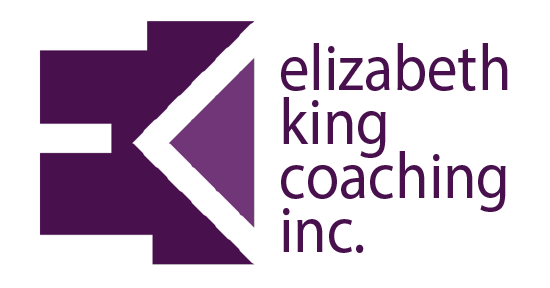Tech Alternative Ed is Not a Path to World Peace
In case you missed the previous post that sets the stage for the following clip, we’re taking a three-part look at Martha Craven Nussbaum’s address to the graduating seniors at Mount Holyoke College this past May. Ms. Nussbaum’s comments are timely, as we’re seeing a spate of people/orgs encouraging kids to drop out of college (or avoid it altogether) and, even more recently, alternative programs that give young [no one wants to say it but savants and/or geniuses] cash to drop out and start a tech biz.Tech is getting all up in education's face. Sort of.Since this is the current trend, we’re looking at the increasingly overlooked importance of bothering to learn things that aren’t necessarily intended to simply make one a successful entrepreneur. Since entrepreneurs are savvy (and occasionally flush), they are starting to show serious influence on the education conversation—which is great. However, the influence they’re exerting is one-sided and pretty myopic.In this excerpt from Ms. Nussbaum’s address, she offers the second of three reasons that a liberal arts education for everyone is pivotal for our collective good--for WORLD PEACE. This means you.
Responsible democratic citizens who cultivate their humanity need, further, an ability to see themselves as not simply citizens of some local region or group but also, and above all, as human beings bound to all other human beings by ties of recognition and concern. As citizens within each nation we are frequently called upon to make decisions that require some understanding of racial and ethnic and religious groups in that nation, and of the situation of its women and its sexual minorities. We also need to understand how issues such as agriculture, human rights, climate change, business and industry, and, of course, violence and terrorism,are generating discussions that bring people together from many different nations. This must happen more and more, if effective solutions to pressing human problems are to be found. But these connections often take, today, a very thin form: the global market, which sees human lives as instruments for gain. If institutions of higher education* do not build a richer network of human connections, it is likely that our dealings with one another will be mediated by the impoverished norms of market exchange and profit making. And these impoverished norms do not help, to put it mildly, if what we want is a world of peace, where people will be able to live fruitful cooperative lives. Becoming good citizens in a complex, interlocking world involves understanding the ways in which common needs and aims are differently realized in different circumstances. This requires a great deal of knowledge that American college students rarely got in previous eras: knowledge of non-Western cultures, and also of minorities within their own, of differences of gender and sexuality.
*and, I might add, the rest of us




